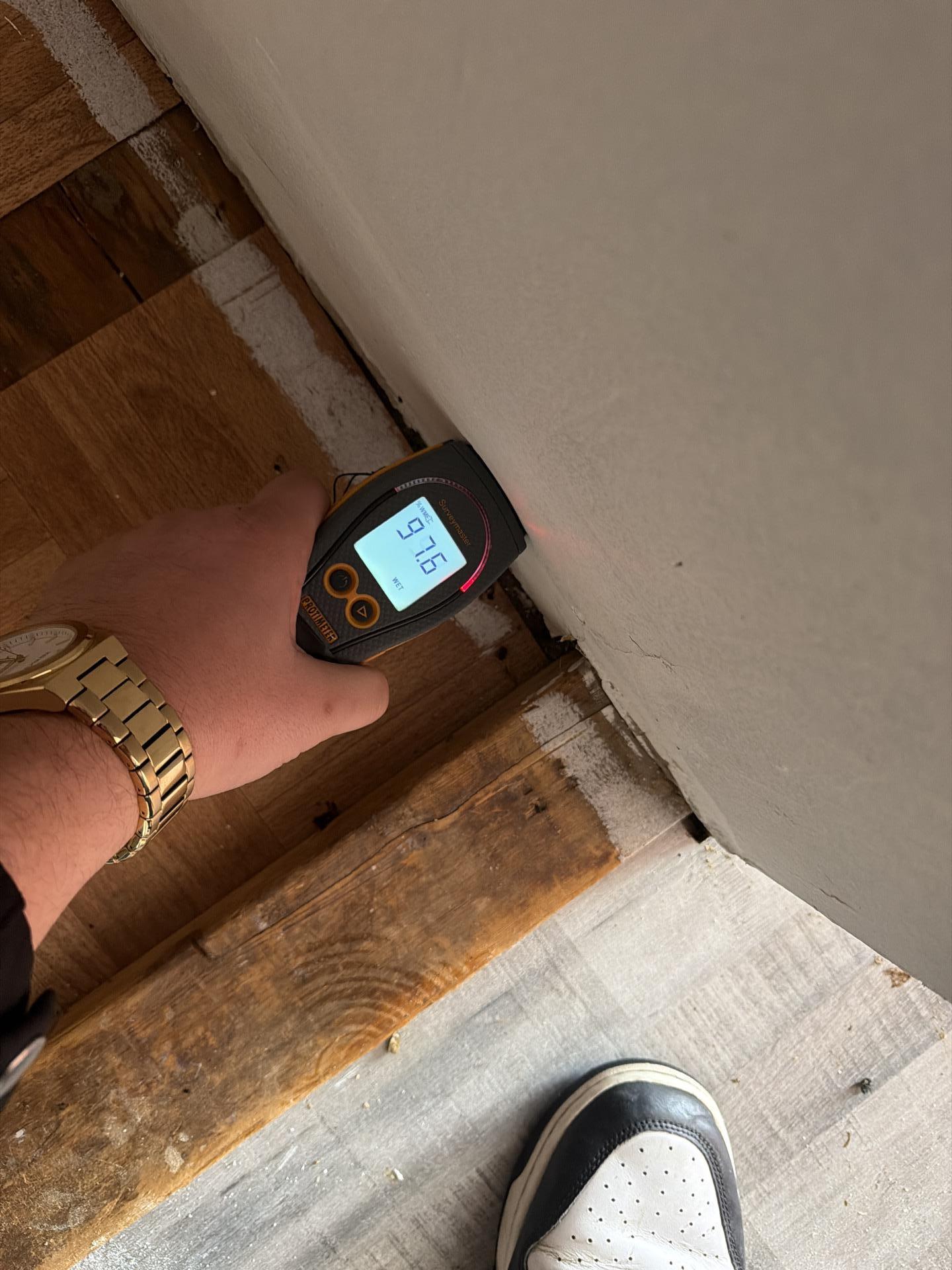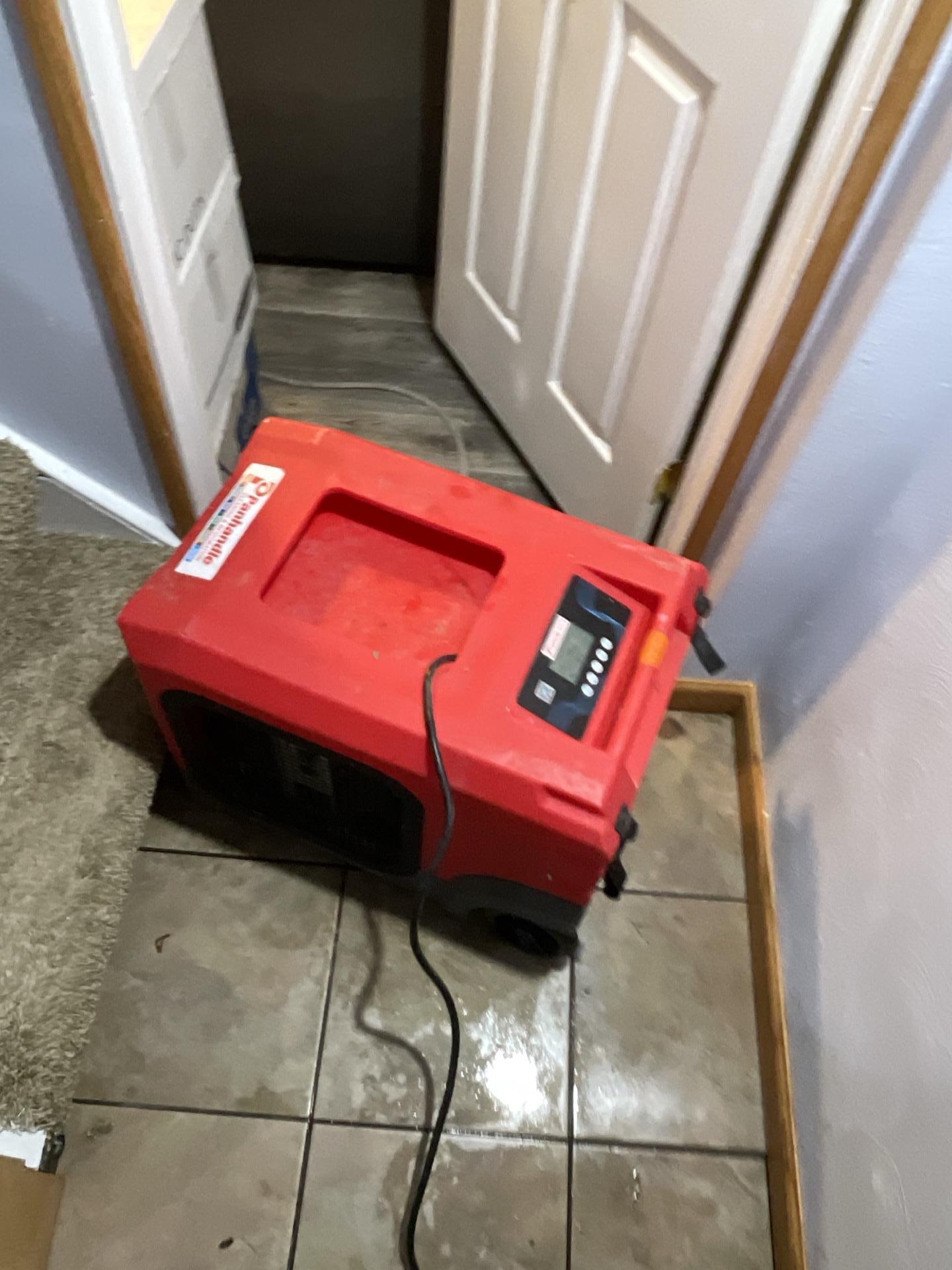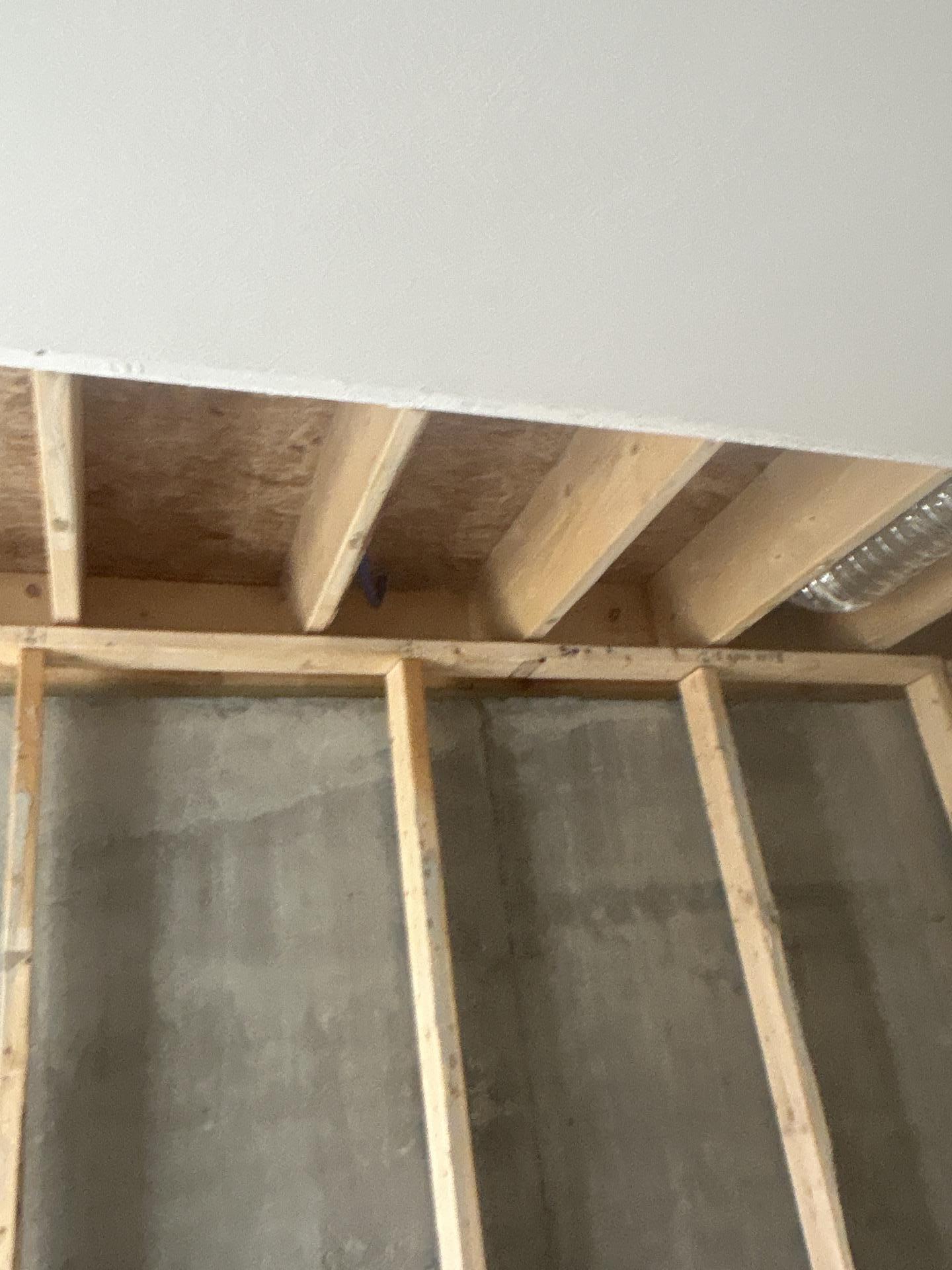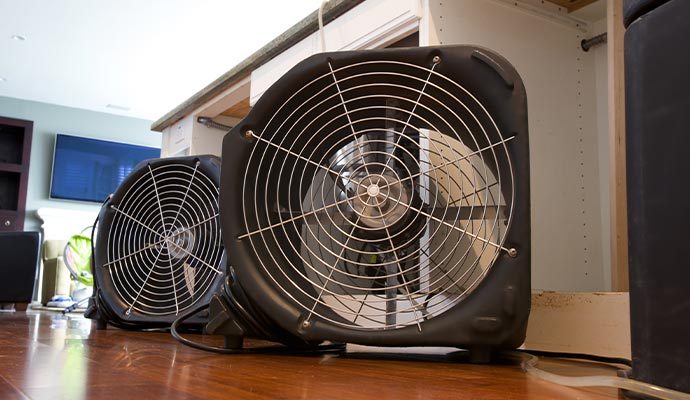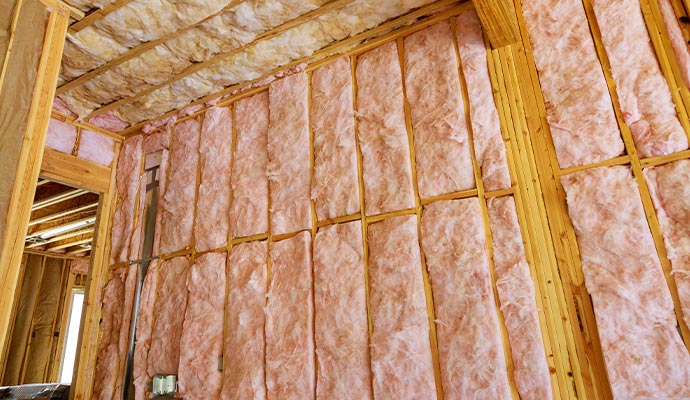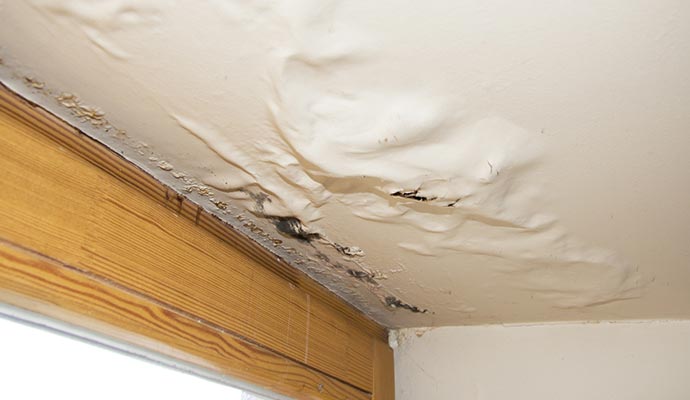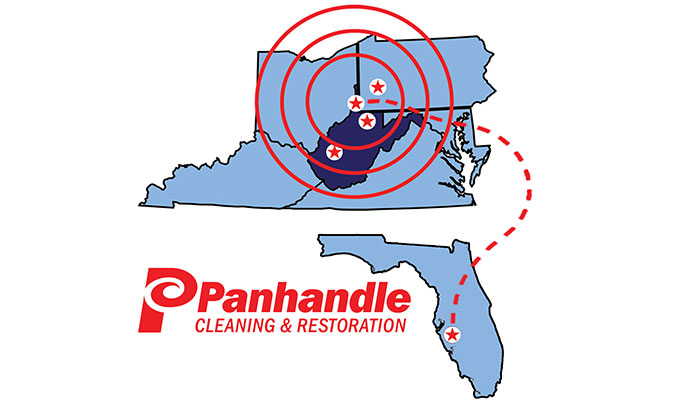Common Causes of Plumbing Overflow
Most properties face clogs, leaks, and low water pressure. Even the most well-maintained systems can develop faults. Below are the most frequent plumbing failures and the warning signs to catch them early.
Worn-Out Pipes
Old or corroded pipes can leak over time and lead to costly repairs.
Blocked Drains
Grease, hair, and debris slow drainage in sinks, tubs, and toilets.
Running Toilet
A faulty valve can waste gallons of water over time and spike your bill.
Hot Water Issues
Sediment or worn parts often cause heat loss or temperature swings.
Low Water Pressure
Leaks or buildup in the line make faucets run noticeably weaker than usual.
Sewer Line Trouble
Clogged or damaged lines can cause foul smells or messy backups.
Frozen Pipes
Pipes that freeze in cold weather can burst and flood your home with little warning.
Sump Pump Failure
When sump pumps stop working, heavy rain can flood your basement.
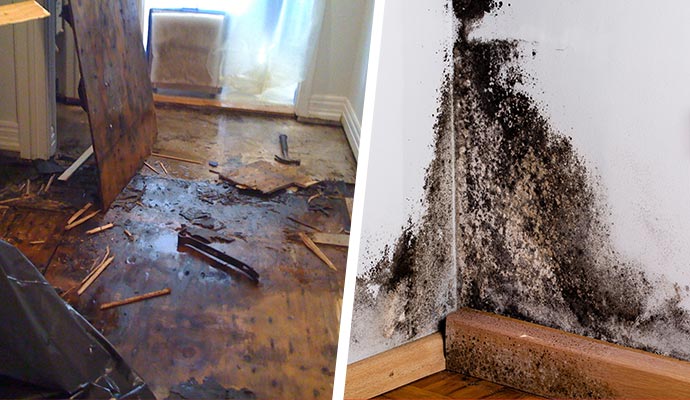
How Plumbing Overflows Affect Your Property's Foundation
Plumbing overflow damages floors and walls, but water pooling near the foundation can cause deeper problems. Over time, water seeps in and weakens your property's foundation.
This can lead to cracks, mold growth, or even foundation movement. All of this leads to serious structural issues. If you notice persistent dampness or water collecting around your property, it’s important to contact a plumber immediately.
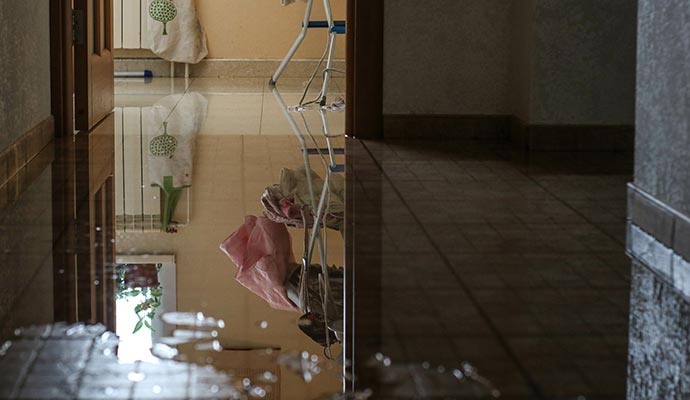
What to Do During a Plumbing Overflow?
If you notice a plumbing overflow, respond quickly to reduce damage, repair costs, and prevent problems from worsening. Follow these steps carefully:
- Turn Off Water: Stop the flow by shutting off the main water supply to prevent more damage.
- Find the Cause: Look for clogs or overflows from sinks, toilets, or tubs that might be the source.
- Move Valuables: Remove belongings from wet areas to avoid water damage.
- Limit the Spread: Use towels or mops to soak up water and protect your floors and walls.
- Get Help: Contact a plumber if the problem continues or you can’t find the cause.
How to Prevent Plumbing Overflow Issues?
Keeping plumbing overflow under control protects your home and avoids major restoration expenses. Call a plumber immediately if you experience a plumbing overflow to reduce damage. Use these tips to lower the risk of water damage:
Regular Maintenance
Regular inspections and cleanings help catch problems before they get worse.
Don't Flush the Wrong Stuff
Only flush toilet paper and waste to avoid clogs and backups.
Use Drain Cleaners Sparingly
Excessive use can harm pipes. Try natural options like baking soda instead.
Keep Gutters Clear
Remove debris to make sure water drains properly away from your home.
Fix Leaks Quickly
Repair leaks as soon as you notice them to prevent bigger problems.
Consider a Sump Pump
A sump pump helps remove water from basements in flood-prone areas.

Benefits of Regular Plumbing Inspections
Regular inspections catch minor issues before they worsen. A plumber looks for leaks, corrosion, and hidden damage that isn’t obvious at first. Spotting issues early helps avoid expensive repairs, water damage, and mold.
Inspections also keep your plumbing running efficiently, cutting down water waste and lowering bills. Scheduling inspections every two years helps protect your property’s long-term health and keeps your plumbing in good shape.
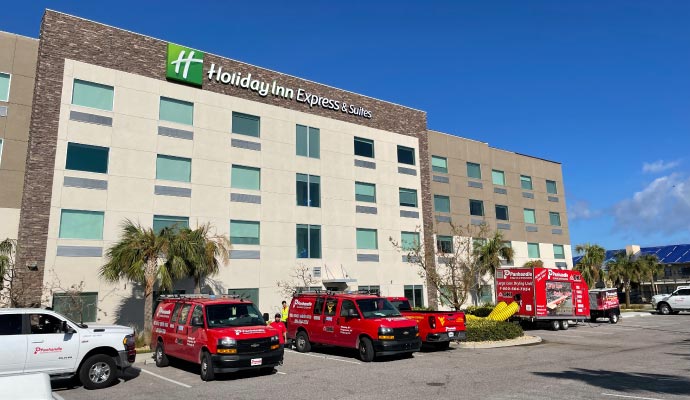
When to Call a Professional?
Sometimes plumbing problems start small but get worse fast if left alone. If you spot signs like foul smells or slow drains, call a professional.
If your attempts to fix it don’t work or the problem returns, get an expert to inspect it. Delaying the problem can risk any hidden leaks or blockages from worsening the situation.
Signs to watch for include:
- Foul odors from drains or pipes.
- Slow or backed-up drains.
- Frequent leaks or water stains.
- Unexplained spikes in your water bill.
- Gurgling sounds in drains or toilets.
- Discolored, cloudy, or strange-smelling water.
Call Panhandle Cleaning & Restoration for Professional Plumbing Overflow Solutions You Can Trust
Plumbing emergencies can happen at any time, but help is always within reach. Dealing with an overflow in Morgantown or nearby? Our IICRC- and RIA-certified team is ready 24/7 to respond whenever you need us most.
For years, we’ve helped customers in Morgantown, Wheeling, Charleston, and more cities in our multi-state service area with cleaning and restoration. Check out our customer reviews to learn more. Don’t wait for a drip to turn into a disaster. Call or contact us online today!
866-515-2364
